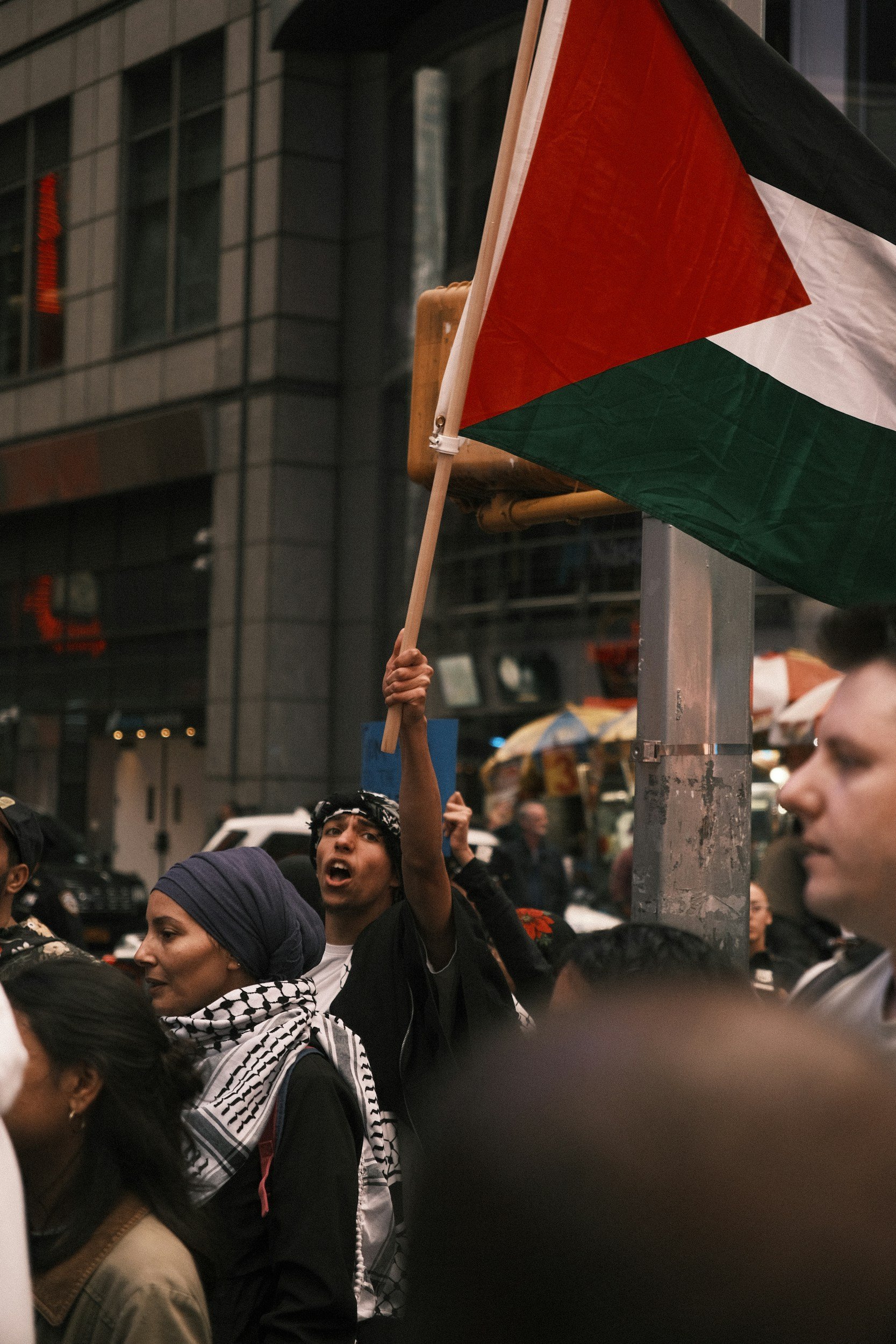
the otb
The Occupied Territories Bill: explained
Since 2018, we have strived for the Occupied Territories Bill to enter Irish law. Now, it is more significant than ever before. Learn more about the OTB below.
BACKGROUND
Today, there are as many as 700,000 Israeli settlers living on stolen Palestinian land in East Jerusalem and the West Bank. Israel’s settlements in the illegally occupied Palestinian territory involve the commission of two war crimes: (1) the transfer by an ‘Occupying Power’ of its civilian population onto the territory it occupies and (2) the theft of land and other property in occupied territory. And yet, it remains legal for goods and services originating in these settlements to be sold in Ireland.
The Occupied Territories Bill (OTB) seeks a complete ban on the import of goods and services produced in illegal settlements, including Israeli settlements in the occupied Palestinian territory.
If enacted, Ireland would become the first Western country to enact a ban on trade with the illegal Israeli settlements.
Ireland became the first Western country to ban imports from Apartheid South Africa in 1987. Within a few years, most other Western countries followed suit, precipitating the end of South Africa’s Apartheid regime.
The OTB is an opportunity for Ireland to show leadership once again on the international stage.
-
The Occupied Territories Bill was drafted by Gerry Liston of the Global Legal Action Network (GLAN) on behalf of Sadaka - the Ireland Palestine Alliance.
The OTB was introduced to the Seanad by Senator Frances Black in January 2018 and was passed by the Seanad in December of that year. Then, in January 2019, the Bill was introduced to the Dáil by Fianna Fáil, where it passed its first vote and second votes by resounding majorities.After going into government in 2020, Fianna Fáil reversed its support for the Bill, citing advice of the Attorney General that the Bill would be incompatible with EU law.
The Bill remains on the Order Paper of the Dáil and can be progressed from where it was left in 2019 with majority support from TDs.
-
In July 2024, the International Court of Justice ruled that Israel’s 57-year occupation of Palestinian territory in the West Bank, Gaza and East Jerusalem is illegal. In the same ‘Advisory Opinion’, which was delivered at the request of the UN General Assembly, the ICJ spelled out the obligations on all States in the international community which flow from this illegal occupation. These include obligations to “abstain from entering into economic or trade dealings with Israel concerning the Occupied Palestinian Territory or parts thereof which may entrench its unlawful presence in the territory” and “take steps to prevent trade or investment relations that assist in the maintenance of the illegal situation created by Israel in the Occupied Palestinian Territory”.
A subsequent resolution passed by the UN General Assembly, with 124 States including Ireland voting in favour, calls on States “to take steps towards ceasing the importation of any products originating in the Israeli settlements”.
In short, there is now a clear international obligation on Ireland to adopt the very measures that the OTB contains.
-
The Irish government has opposed the OTB based on advice of the Attorney General that only the EU can ban trade with illegal settlements. In a newly published legal opinion, two leading experts on EU law have stated that Ireland is fully entitled to pass the Occupied Territories Bill, criticising the Attorney General’s advice as "erroneous" and "at odds with settled EU case law"
The experts state that: "It is striking that the AG should have ignored the judgements in [two cases] where the European Court of Justice expressly held that Member States may deviate from EU law, including… on public policy grounds in order to protect fundamental rights... The analysis and conclusion in the AG Opinion that the Occupied Territories Bill is inconsistent with EU law [is] not only unconvincing but also at odds with settled ECJ case law.”
